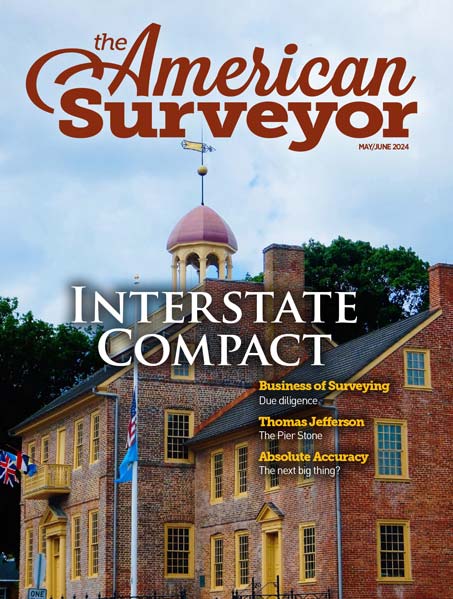Raleigh, NC—McKim & Creed, a nationally ranked engineering, surveying and planning firm with offices throughout the Southeast, has launched MoDaC™, a state-of-the-art mobile data collection system that features the OpTech LYNX™ mobile scanner. This makes McKim & Creed one of the few firms on the East Coast to offer turnkey mobile scanning services.
Mobile scanning combines 3-D laser scanning, GPS, inertial measurement and video technologies. Multiple scanners are mounted on an SUV or on a rail truck. These scanners collect dense and accurate 360-degree data while the vehicle travels at posted speeds. The data is used for design, modeling and simulation in 2-D, 3-D and 4-D formats.
Mobile scanning is most applicable for large transportation projects that encompass more than one mile, require normal design accuracies (less than ½-inch tolerance), have tight deadlines, involve heavily traveled or potentially dangerous areas, and can benefit from the addition of video imagery for feature collection and presentation purposes. MoDaC is McKim & Creed’s trademarked name for its mobile data collection services.
“MoDaC allows us to offer a unique service to our clients that is safer, faster and more cost effective than many traditional surveying methods,” says Marty Stoughton, PLS, McKim & Creed’s director of business development for mobile scanning. “Because mobile scanning is such a new technology, and because it offers such clear imagery, we continue to see new applications each and every day.”
MoDaC offers considerable benefits. It is significantly less expensive than traditional helicopter photogrammetry. Data collection is much faster. Massive amounts of data can be collected while traveling at posted speeds, and surveyors can collect up to 400,000 points per second as compared to one point every few seconds with traditional surveying. With fewer personnel working beside busy roadways, mobile scanning creates a safer job site. The likelihood of bad-weather delays is reduced due to shortened data collection time. Because the data is collected from a moving vehicle, mobile scanning does not impede traffic flow. And the dense data that is collected lends itself to future data extraction without additional field visits.
Prior to investing in mobile scanning technology, McKim & Creed compared mobile scanning with static scanning on a three-mile test site. Two crews worked for one week to collect the data using static scanning. With mobile scanning, the data was collected in less than half a day.
McKim & Creed provides engineering, surveying and planning services to public and private sector clients via 16 offices located throughout the Southeast.
